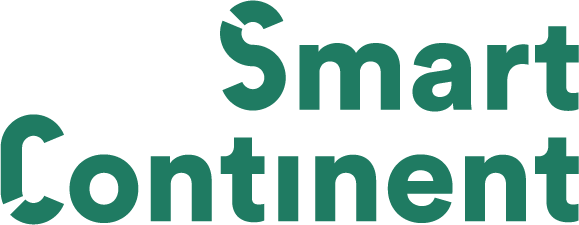What and how we do
Smart Continent is using following methodological approach for feasibility studies: analysing if there are no physical, social or institutional binding constraints; analysing of the demand for services in the future will be adequate (long run forecasts); estimating if appropriate technology is available; analysing if the utilisation rate of the infrastructure or the plant will not reveal excessive spare capacity; availability of personnel skills and management; project design (scale, location, etc.) justification against alternative scenarios (‘business as usual’, ‘do-minimum’, ‘do-something’ and ‘do-something else’).
Financial part of feasibility study include total investment costs; total operating costs and revenues; financial return on the investment costs (Financial Net Present Value and Financial Rate of Return of the Investment); sources of finance (Equity, Loans, National grants, EU grants); financial sustainability (a project is financially sustainable when it does not incur the risk of running out of cash in the future; sustainability occurs if the net flow of cumulated generated cash flow is positive for all the years considered; financial return on capital.
Economic analysis for feasibility studies include: conversion of observed prices or public tariffs into shadow prices; taking into account externalities in a monetary value; estimation indirect effects if relevant (i.e. not already captured by shadow prices); discount of costs and benefits with a real social discount rate; calculation of economic performance indicators (economic net present value (ENPV), economic rate of return (ERR) and the benefit-cost (B/C) ratio.
For project risk assessment we are using: sensitivity analysis (identification of critical variables, elimination of deterministically dependent variables, elasticity analysis, choice of critical – variables, scenario analysis); assumption of a probability distribution for each critical variable; calculation of the distribution of the performance indicators (typically FNPV and ENPV); discussion of results and acceptable levels of risk; discussion of ways to mitigate risks.
Smart Continent provides Environmental Impact Assessment (EIA) and Strategic Environment Assessment (SEA) services. EIA is a formal process used to predict the environmental consequences (positive or negative) of a plan, policy, program, or project prior the implementation decision, it proposes measures to adjust impacts to acceptable levels or to investigate new technological solution. Although it can lead to difficult economic decisions, strong political and social commitments, but it protects environment which sounds basis for effective and sustainable development.
